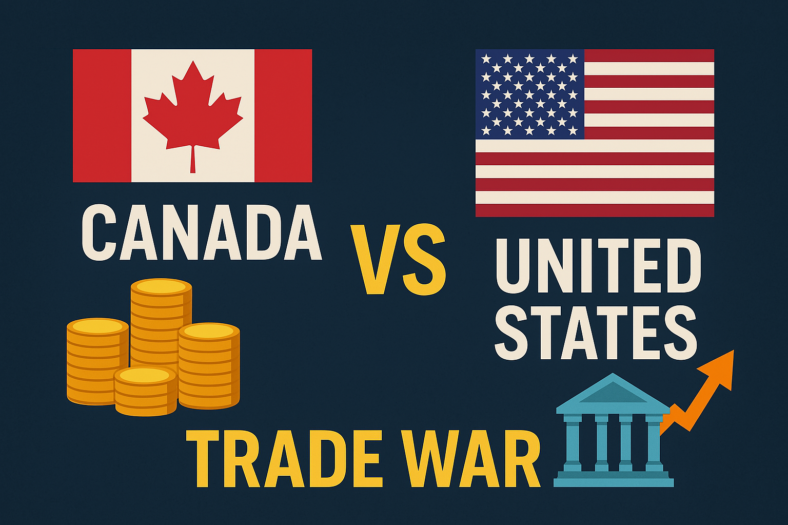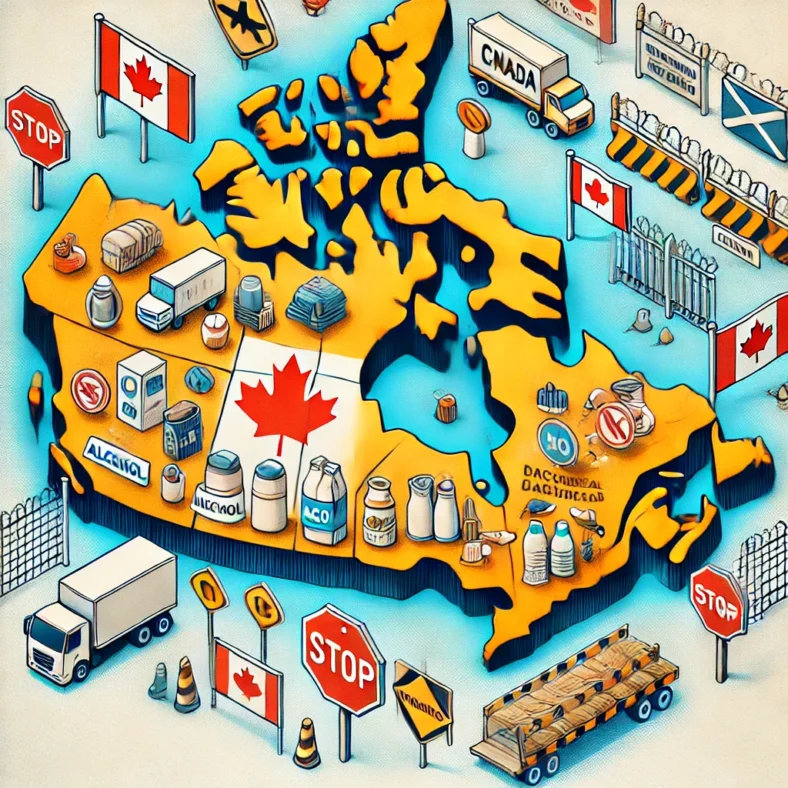The Canadian real estate market is showing signs of recovery heading into 2025. Whether it will fully bounce back or continue to face challenges is still uncertain, but there are a few key factors that will shape the market.
Increased interest in home buying is expected thanks to lower mortgage rates and changes to mortgage rules. However, reduced immigration targets and potential trade impacts from the U.S. could slow things down. Let’s break down what this means for prospective buyers.
Mortgage Rates: A Boost for Some Buyers
One of the most promising signs for the housing market in 2025 is falling mortgage rates. As the Bank of Canada reduces interest rates, many buyers will find it easier to afford a home. If rates reach the “neutral rate” around 2.75%, we could see variable mortgage rates drop to about 3.8%. This should encourage more buyers to enter the market, particularly in regions where housing prices are more affordable. However, many Canadians are still burdened by significant non-mortgage debt, which could impact their ability to afford new mortgages. On top of that, the cost of living remains high, making it harder for some buyers to save up for a down payment. “Yes, rates are coming down, but other expenses are still eating away at people’s budgets,” says Christopher Alexander, president of Re/Max Canada. “If you’re outside Ontario and British Columbia, there are better opportunities for buyers in 2025.”Big Markets, Smaller Down Payments
A major change for 2025 is the increase in the insured mortgage limit, set to rise from $1 million to $1.5 million on December 15, 2024. This means that buyers in B.C. and Ontario who are struggling to save for a down payment will benefit from lower requirements. For example, a $1 million home will now require a down payment of $75,000 instead of $200,000. However, this does come with its own challenges. Even with a smaller down payment, buyers may still face high monthly payments due to larger mortgage amounts. “A $1.5 million mortgage with a $125,000 down payment would still result in monthly payments over $6,500,” says Tracy Gomes, senior vice president of real estate secured lending at Scotiabank.Immigration Slowdown: Impact on Demand?
Canada’s immigration plans for 2025 include a decrease in permanent resident admissions to 395,000, down from 485,000 in 2024. While this could slow the housing market, experts believe it may not have a major immediate impact. “It takes time for immigration numbers to affect the housing market,” explains Alexander. “It’s usually a few years before we feel the impact.” While fewer newcomers may reduce competition for housing in the short term, domestic demand will likely still push prices higher, with the Canadian Real Estate Association forecasting a 4.4% increase in home prices in 2025.Tariffs and Trade: A Potential Wildcard
One major uncertainty for 2025 is the potential for U.S. President-elect Donald Trump to impose a 25% tariff on Canadian goods. If this happens, it could harm Canada’s economy, especially industries like oil, mining, and automotive manufacturing. Such a move could result in significant job losses, with up to 150,000 jobs lost by the end of 2025, according to Oxford Economics. This could hurt both home buyers and homeowners who are already facing financial pressure.Quick Points to Consider
- Condos as an Investment: Christopher Alexander sees condos as a strong investment in the long run, though short-term challenges remain.
- Homeowners Facing Renewals: Even with changes in rates, homeowners should expect to see higher renewal costs, but large-scale defaults are unlikely.
- More Competition in the Spring: As mortgage rules ease, more buyers are expected to enter the market, creating competition for available homes.
Final Thoughts
The Canadian housing market in 2025 will likely experience growth, driven by lower rates and changes in mortgage rules. However, the slowdown in immigration and potential trade challenges from the U.S. may temper some of the optimism. Buyers should be aware of these factors as they plan for the coming year.FAQ
Will lower mortgage rates make housing more affordable in Canada?
Yes, lower mortgage rates will make it easier for many buyers to afford a home, though high living costs and debt may still be barriers for some.
How will the new insured mortgage limit impact home buyers?
The increase in the insured mortgage limit will reduce down payment requirements for homes between $1 million and $1.5 million, making it easier for buyers to enter the market in expensive regions.
What impact will the reduction in immigration have on the housing market?
While a decrease in immigration may reduce competition in the short term, domestic demand should still drive prices higher in 2025.
How could tariffs on Canadian goods affect the housing market?
Potential tariffs on Canadian exports could harm the economy, resulting in job losses and financial strain, which could impact homebuyers and homeowners alike.
Is the Canadian housing market expected to be competitive in 2025?
Yes, as mortgage rules ease and interest rates decrease, there will likely be more competition in the market, especially during the spring season.




















